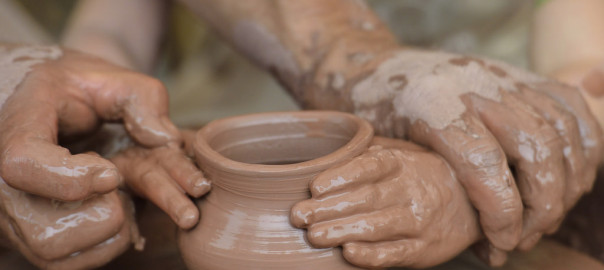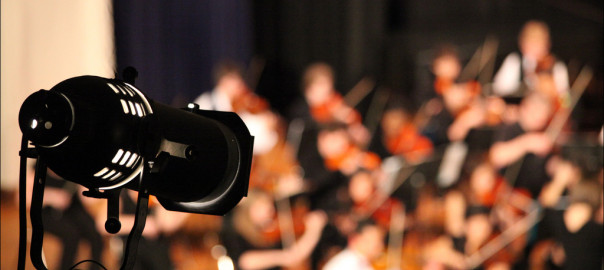One of my favorite films is Kiki’s Delivery Service by Japanese filmmaker Hayao Miyazaki. It’s been in regular rotation since my daughters were young. The animated film follows the story of a young witch (Kiki) who, according to witch tradition, must leave her family for a year when she turns 13 and prove that she can make it on her own in a town that doesn’t have another witch. She moves to a small city, finds a room above a small bakery, and becomes a delivery girl for a bakery, flying breads and other parcels around town on her broomstick. Along the way, she makes friends, overcomes obstacles, and, in the movie’s climax, uses her powers in a daring rescue. A great movie.
Throughout the film, Kiki meets older girls and women who could serve as visions of her future self. A slightly older witch girl returning from her year on her own, a single woman living by herself and dedicating her life to art, a young mother running a bakery, an elderly grandmother…these and other women enter Kiki’s life at various points, offering potential previews of the directions that her life could take. Some of them are role models and mentors, while others simply present a particular way of life that Kiki may or may not want to pursue. As the movie proceeds, she also meets younger girls, who look up to Kiki herself as a potential role model and cause Kiki to see herself in a different light.
We need to see ourselves in a continuum of younger and older friends and acquaintances, in order to understand our place in life and in others’ lives. Kiki encounters these women and girls from different generations as she goes about her everyday work in the film’s fictional city. Do we have the same opportunity to meet people from generations before and after us? Continue reading Our Need for Other Generations



